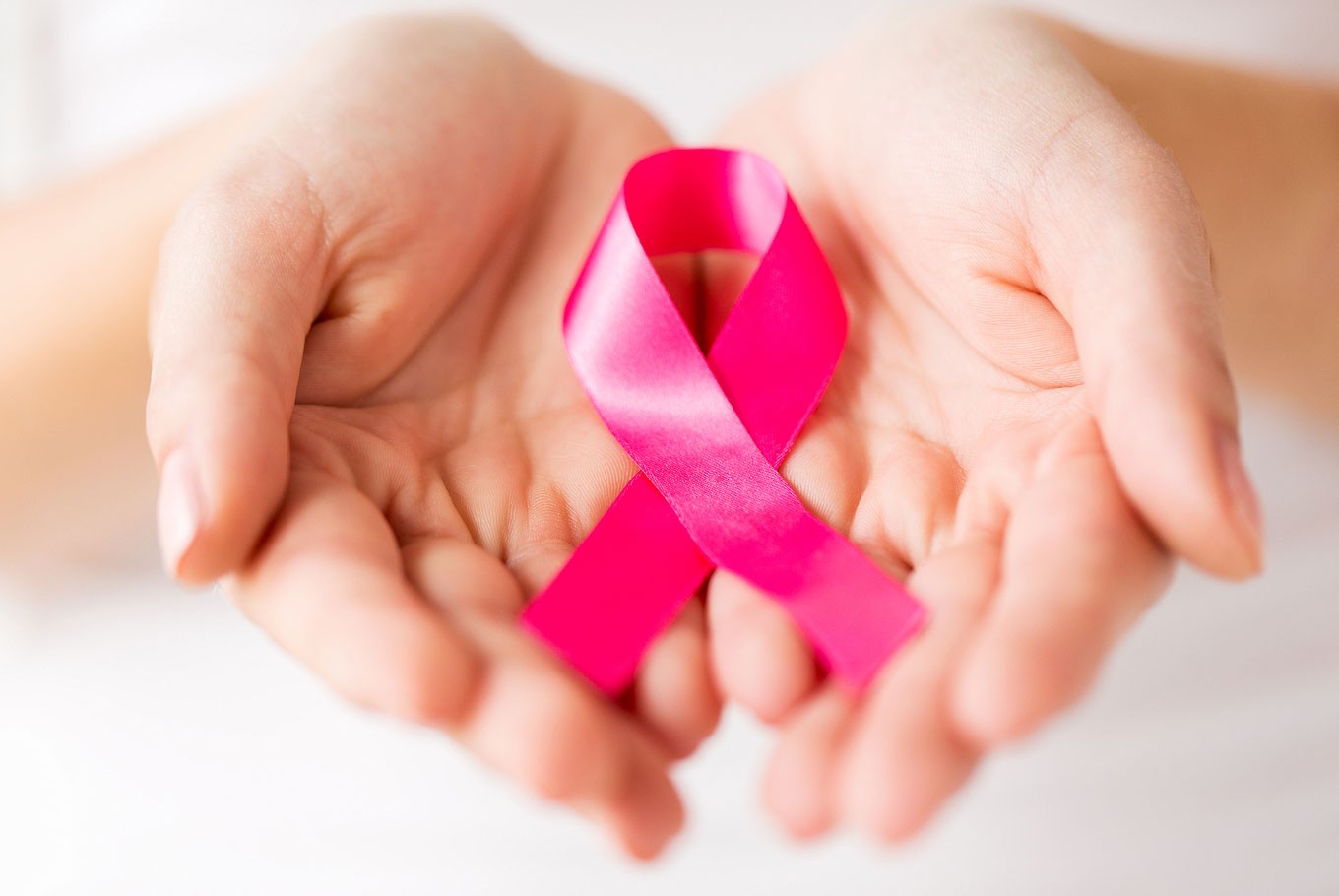Popular Reads
Top Results
Can't find what you're looking for?
View all search resultsPopular Reads
Top Results
Can't find what you're looking for?
View all search resultsAre women with no children at greater risk of ovarian cancer?
Accounting for about 3 percent of cancers among women, ovarian cancer has a high rate of fatality compared to other types of cancer of the female reproductive system.
Change text size
Gift Premium Articles
to Anyone
A
ccounting for about 3 percent of cancers among women, ovarian cancer has a high rate of fatality compared to other types of cancer of the female reproductive system. One of the risk factors is related to pregnancy history.
Influences of reproductive history
Choosing not to become pregnant stems from many reasons such as finances, personal preferences, plans and beliefs. However, you may not fully benefit from the decision as it can have a negative effect on your health.
Many studies have shown that women who do not have a child or delay childbearing are exposed to greater ovarian cancer risk. There is a hypothesis that the more a woman menstruates, the higher the risk of ovarian cancer, as she is subject to more estrogen.
Childbearing is considered a low-risk time because a woman has a nine-month break from ovulation during pregnancy, hence less exposure to estrogen. Moreover, the chance of developing ovarian cancer reduces after every full-term pregnancy along with breastfeeding.
(Read also: Mom delays cancer care to protect baby she says saved her)
Other risk factors
Ovarian cancer is linked to many factors. First, women who go through menopause after the age of 63 are more likely to develop ovarian cancer. Furthermore, it is easier for overweight people (with a body mass index of 30 or above) to be at higher risk of ovarian cancer. The risk of cancer also declines after three to six months of using oral contraceptives (progestin only).
Last but not least, this type of cancer runs in families and can come from either the maternal or paternal side. Breast or colorectal cancer in your family is related to the risk of ovarian cancer as an inherited mutation in specific genes is the mutual cause of all these cancers.
Choosing not to get pregnant can evoke strong opinions in people. However, if it is what makes you feel right and comfortable, you do not have to pay attention to other people’s views. (kes)












